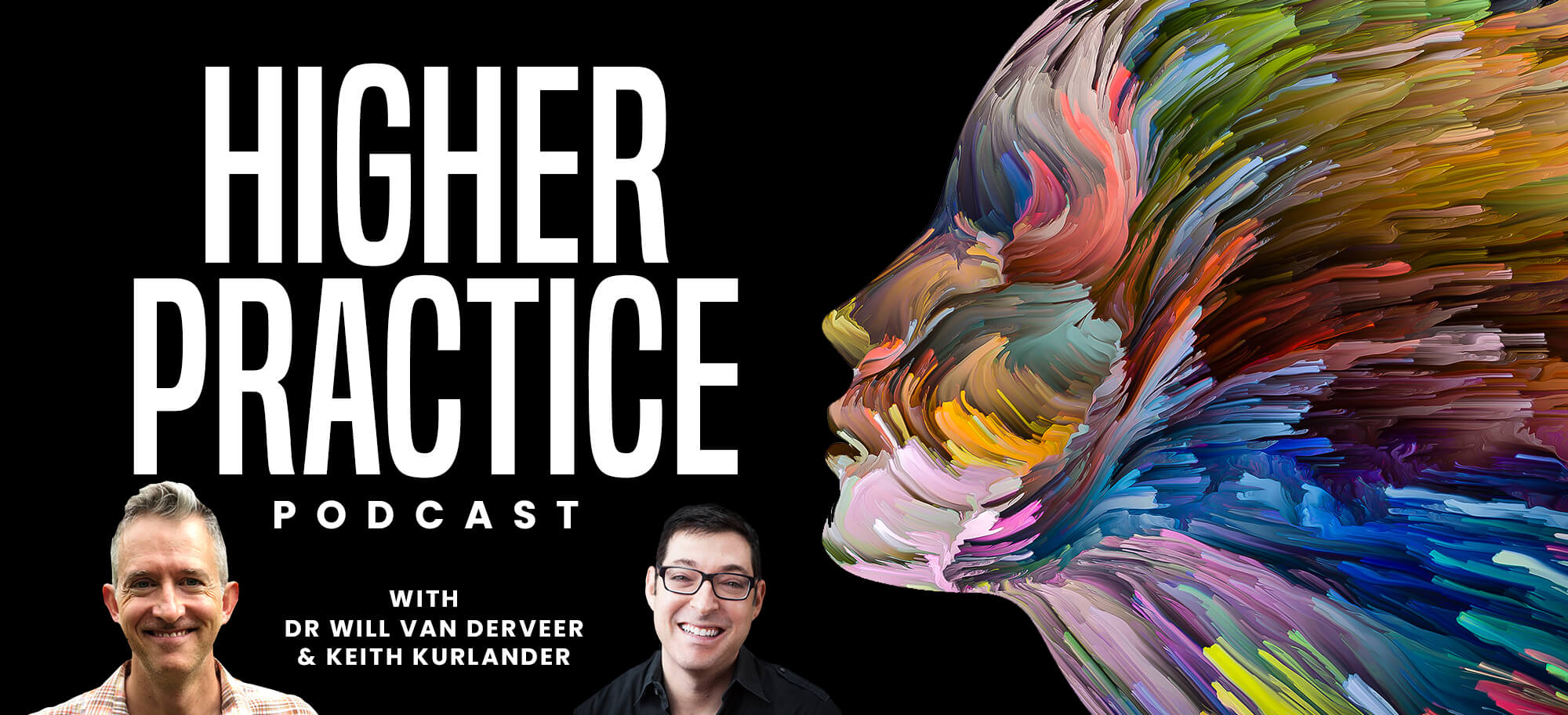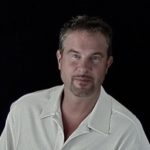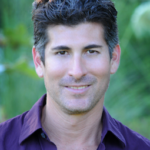Episode 27

Ted Usatynski, MA
In this episode, Ted Usatynski talks shop about the overlap between spirituality and trauma. Many seekers often describe themselves as having adverse childhood experiences, as well as more acute traumatic experiences. However, they also describe having a natural aptitude for peak mystical experiences and non-ordinary states of consciousness. Ted is going to explain the brain science about why this overlap exists and what we can learn from such a mysterious confluence.
If you’ve been in communities that teach intensive spiritual practices such as breathwork, meditation, and trance you probably know that you’ve met some people that have been through very difficult things in their lives. You may even be one of those people.
Ted is going to go into detail about dissociation, trance, non-ordinary states and the brain science behind it all. He will break down how different areas of the brain gets activated during these events and why many trauma survivors have a propensity for the spiritual realms.
Episode 26

Emma Derman Teitel, MA, LPCC
This episode comes at a time where the #MeToo movement has allowed so many women to step forward, speak their truth, and tell the stories of how men abused their power. That individual and collective voice is necessary for society to heal and evolve, which, in turn, can lead to more equality and safety.
Mental health professionals have heard these stories in their offices for many years. The storytelling is one important component of healing in a therapeutic context. However, often a much deeper inquiry and investigation into perceptions, traumas, and core beliefs must also happen for a sense of inner power and authority of one’s life.
In this episode, Emma Derman Teitel talks about a truly empowering approach to feminist psychotherapy and helping women overcome internalized patriarchy. It’s often easy as clinicians to simply listen to stories that need to be told by women and stop there. However, a combination of support and challenge is needed in order to help a woman regain her inner power and bring forth her deepest gifts.
Keith Kurlander, CEO of Higher Practice, reveals for the first time publicly a powerful story about his experimentation with psychedelics in college and how they led to a serious Bipolar diagnosis. This sent him on a personal and spiritual quest to find a solution to this disorder. What he found along the way was completely unexpected and ultimately freeing.
Psychedelic use is not typically discussed at length in our graduate programs and clinical training institutes. There is a lot of cultural taboo around the subject and mental health professionals are not immune to this problem. However, many clients have experimented with psychedelics and report both extraordinary insights as well as profound nightmares.
In this episode, Keith will discuss his own experiences with psychedelics with a focus on how one experience in particular led to the manifestation of mental illness. He goes on to dispel the myth that the psychedelic itself surfaced a budding mental illness. It actually surfaced something much more profound that took years to identify.
Episode 24

Shari James, RN
Nearly 1 in 4 men under the age of 30 suffer from erectile dysfunction and the rates are much higher when we look at the entire lifespan of a man. Most men choose to take Viagra to deal with this problem. Although there is nothing wrong with this approach under most circumstances Viagra doesn’t address the underlying cause of the issue.
As a mental health or other healing arts practitioner, it’s clearly important to have a broader understanding of the causes of sexual disorders. According to our guest, Shari James there are a number of areas that typically need to be addressed in order to resolve ED. Those areas include: learning how to maintain a healthy mental state and releasing strong emotions regularly, increase circulation in the body, decrease stress, retraining the nervous system if trauma exists, harnessing and managing sexual energy, and saying yes to reality and no to porn.
Episode 23

Paul Scheele, Ph.D.
Mental health professionals are mission-oriented in their career. They love to serve their clients, especially, when they are doing it on their own terms. Many professionals choose to do this in private practice in order to control their own hours, increase their hourly wage and reduce the paperwork. But therapists are not trained as business owners. They often find themselves with a lack of know-how around marketing, time management and how to operate at peak performance levels.
It’s essential to feel aligned with your own inner genius as an entrepreneur. Whether you are seeing clients one-on-one, creating a clinic or something more expansive, your inner genius will guide the way and keep you out of trouble. Our guest, Dr. Paul Scheele, is going to discuss how to tap into the entrepreneurial genius that’s already living inside of you so you can achieve your goals in private practice without waiting years on end for something to happen.
Episode 22

Ted and Gabrielle Usatynski
If you want a new perspective about what it means to have a spiritual relationship this episode will shed light on the subject. There are a lot of preconceived notions about spirituality and mindfulness. Many people assume that it’s really a solitary practice. However, when mindfulness is applied to relationships a powerful process can unfold where you can heal old wounds from the past, deepen into a secure foundation and, ultimately, thrive as a couple.
Our guests, Ted Usatynski and Gabrielle Usatynski, go into detail about mindfulness practices for couples, the truth behind health in relationships, how to truly make a relationship a spiritual path, and lots of other really important information about how to grow as a couple within a spiritual context.
Episode 21

Ray Doktor, Psy. D.
Single dads can get left out when it comes to receiving support. They receive a lot of messages that they’re supposed to have it all together and not need any guidance. Really, many single dads leave themselves out. With all of the messages they face that they heard as a child and into adulthood they tend to isolate, put their head down and just get the job done. But it usually comes at a big cost of being less available for their kid, their new relationships and day-to-day activities.
Single dads really have to be on their A game if they want to stay healthy and show up for their kid in the best way possible. Our guest is going to get into 9 essentials that single dads need to know in order to flourish. He likes to speak authentically and doesn’t sugar coat his words. He brings an edge to push men out of their comfort zone so they can lead powerful lives.
Our guest, Dr. Ray Doktor, is going to get into the real issues single dad’s face and what they need to do in order to thrive.
Episode 20

Timothy Wienecke, MA, LPCC
In this episode, Timothy Wienecke is going to give an insider’s perspective about the real issues that military service members face and the resources they need in order to live healthy and productive lives outside of service.
Timothy will open a dialogue about fears clinicians have about working with the military culture, sexual assault in the military and how to handle it with a client, how the military’s health care system differs the from civilian establishment, how the military enables a sense of purpose in its members and the loss the members often feel leaving the uniform, how common or uncommon is wartime trauma in this population, and why are veterans often better served by non-military specialist.





















